Ted Cruz soars to victory over Donald Trump in Iowa as Democrats' race goes down to the wire
The first test of support for the Republican and Democratic hopefuls is upon us
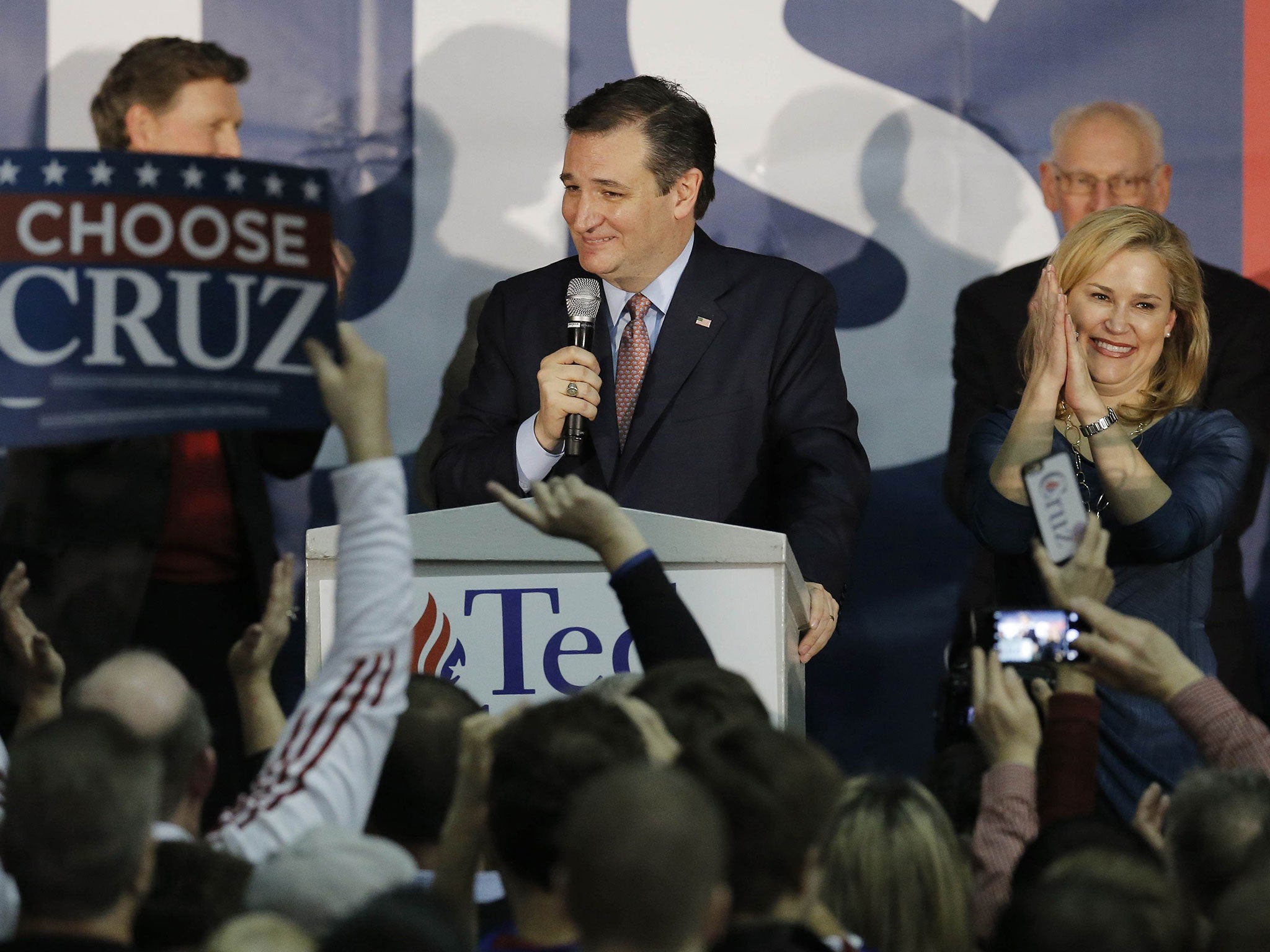
Ted Cruz swept to Republican victory in Iowa, stealing the thunder from Donald Trump who was pushed into second place, while the race between Democrats Hillary Clinton and Bernie Sanders came down a margin of just 0.2 points.
As Mr Cruz celebrated his victory and Donald Trump offered his congratulations, Democratic officials were still trying to tally the results.
With more than 96 per cent of precincts having reported, Ms Clinton stood at 49.8 per cent while Mr Sanders was on 49.6 per cent. Former Maryland governor Martin O’Malley secured less than one per cent and dropped out of the race.
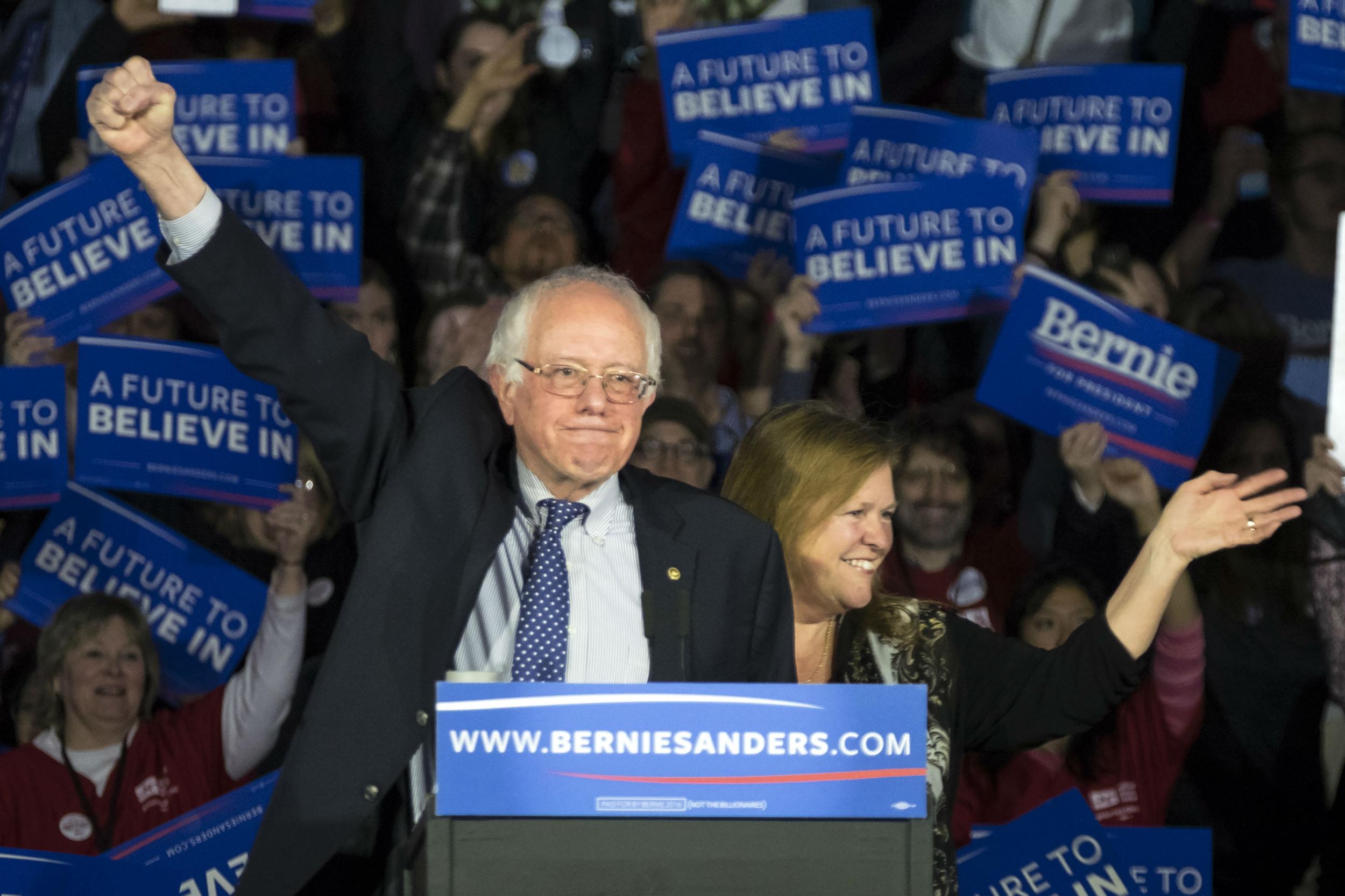
Mr Cruz did better than the final poll before Monday night’s vote had predicted, securing 28 per cent of the total. Mr Trump was on 24 points and Senator Marco Rubio, whose performance was one of several success stories of the night, came third on 23 points.
Mr Cruz, a Texas Senator with a reputation as a hardliner and a scourge of the Republican establishment, said the victory was the result of the hard work of his team and claimed he had secured the backing of evangelical Christians.
“God bless the great state of Iowa. Tonight is a victory for the grass roots,” Mr Cruz, 45, said during a victory speech that lasted more than 30 minutes.
“Tonight is a victory for courageous conservatives across Iowa and all across this great nation.”
He said the results showed that the nominee would not be chosen by the media, the Washington establishment or lobbyists, according to the Associated Press.
Mr Cruz’s win and Mr Rubio’s strong showing could dent the momentum for Mr Trump, whose candidacy has also alarmed the Republican establishment and been marked by controversies such as his calls for a temporary ban on Muslims entering the United States.
It is likely that Mr Rubio will start to secure more and more donations as the Republican establishment seeks to rally a candidate it believes could defeat Mr Cruz and Mr Trump.
A subdued and chastened Mr Trump spoke briefly to supporters at the Sheraton hotel in the west of Des Moines and said he was heading to New Hampshire with polls showing him ahead.
“I’m just honoured, I’m really honoured,” Mr Trump said.
About caucuses and primaries
When do they begin?
Primaries and caucuses will take place across the US until 14 June, in which they will finish with a primary in the District of Columbia.
The Iowa caucus is huge in the US media calendar.
It marks the first time in the election that the people have their say, putting an end to the polls and speculation that inevitably take place in the weeks and months before the elections really get going.
If you’re wondering whether the Iowa caucus is really a big deal in the grand scheme of the four months of voting to come, then the past two presidents could be considered a testament to this.
President’s Barack Obama and George W Bush both won the Iowa caucus in their first term, and capitalised on the momentum gained throughout the remainder of their election campaigns.
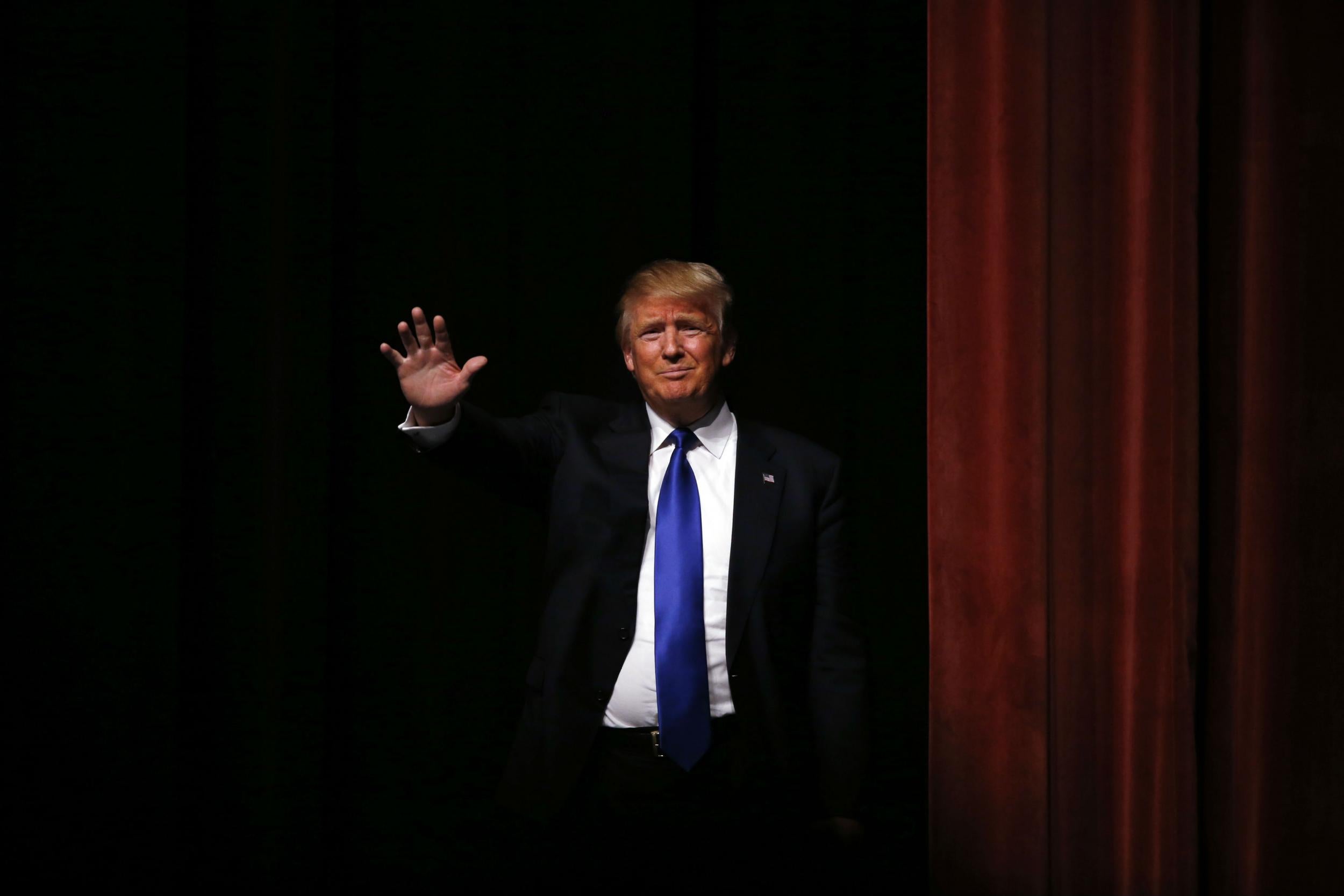
When do results come in?
The results for the caucuses and primaries are usually declared within a few hours, but these are sometimes amended at a later date.
An extreme example of this is the 2012 Iowa caucus where Mitt Romney was mistakenly given a double-digit lead over his Republican co-runner Rick Santorum, and the result was amended sixteen days later to show that Mr Santorum had, in fact, won.
However, the reality is that the Iowa caucus chooses just one per cent of the delegates who will go on to vote for the presidential nominees.
So it could be argued that the result is not nearly as important as the opportunity to gain positive media attention, and that exceeding expectations is the best outcome, regardless of where the candidate comes.
Many hopefuls will build their strategy around this notion, for example it could be argued that Ted Cruz coming second by a small margin would be of less benefit than Marco Rubio coming comfortably third, because of the expectations already placed upon them.
Why are the Iowa Caucuses so important?
The battle to see who will go head-to-head in the US presidential election begins in earnest on 1 February.
Candidates have been debating, running adverts, and making public statements, but not a single vote has yet been cast.
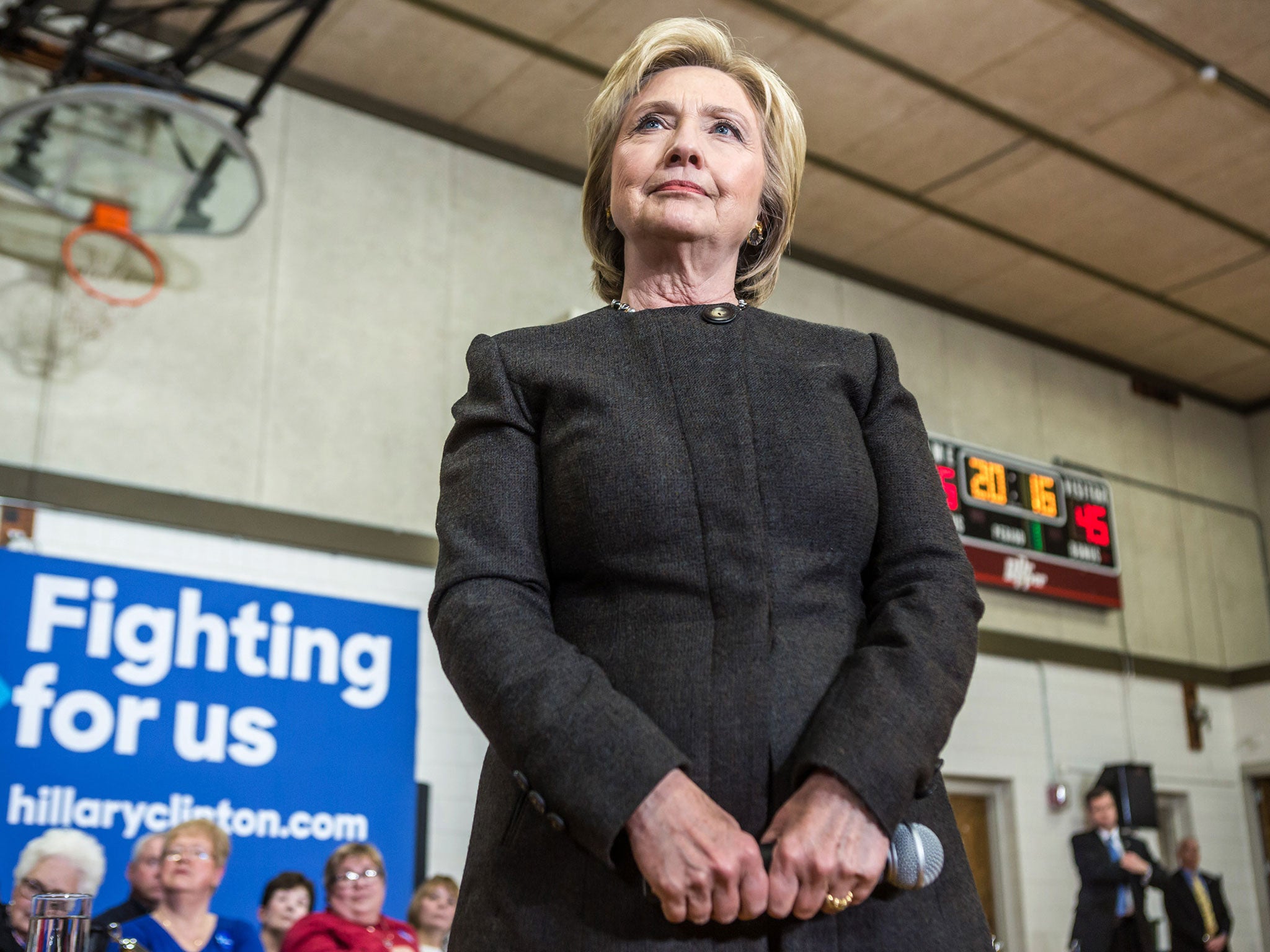
On 1 February voters in the prairie state of Iowa will attend meet-ups called “caucuses” where they discuss the available candidates and make their choices.
The main reason the Iowa Caucuses are important is because it is the first state in the US where a ballot is cast.
Despite being tiny, atypical of the rest of the US, and providing about 1 per cent of the nation’s delegates, the state is the first indicator of whether a prospective presidential candidate’s support is holding up.
The media interest generated by the timing of what would otherwise be a fairly insignificant part of the race to the White House means candidates can secure disproportionate positive coverage for a smaller amount of effort.
The early timing also means that candidates have more room to adjust their messages and programmes in response to the results – giving the state disproportionate influence.
About half of the winners of the Iowa Caucus go on to win their party’s nomination for the presidency – meaning it isn’t a very good predictor of who will actually get the nomination.
Where the race is a better predictor is showing who is likely to get absolutely nowhere. A campaign with no real support makes contact with the electorate in Iowa for the first time, and it often isn’t pretty.
Since 1972 no Democratic of Republican candidate who finished worth than fourth place in the Iowa Caucus has gone on to win their party’s nomination.
Do not be surprised if a few of the many Republicans running this years drop out not too soon after Iowa.
What’s the difference between a caucus and a primary?
The caucus is the oldest method of choosing delegates.
Registered members of a political party in a town, city or county meet, usually in a place in the community, such as a school or church, to elect delegates to be put forward for presidential elections.
Although once more common, caucuses these days only take place in a few states, notably Iowa, Nevada and Alaska.
While Republican voters cast secret ballots, Democrats vote publicly in a slightly more unusual process, in which their candidates need the support of 15% of voters. Should a candidate fall below this threshold, the voter can choose another candidate.
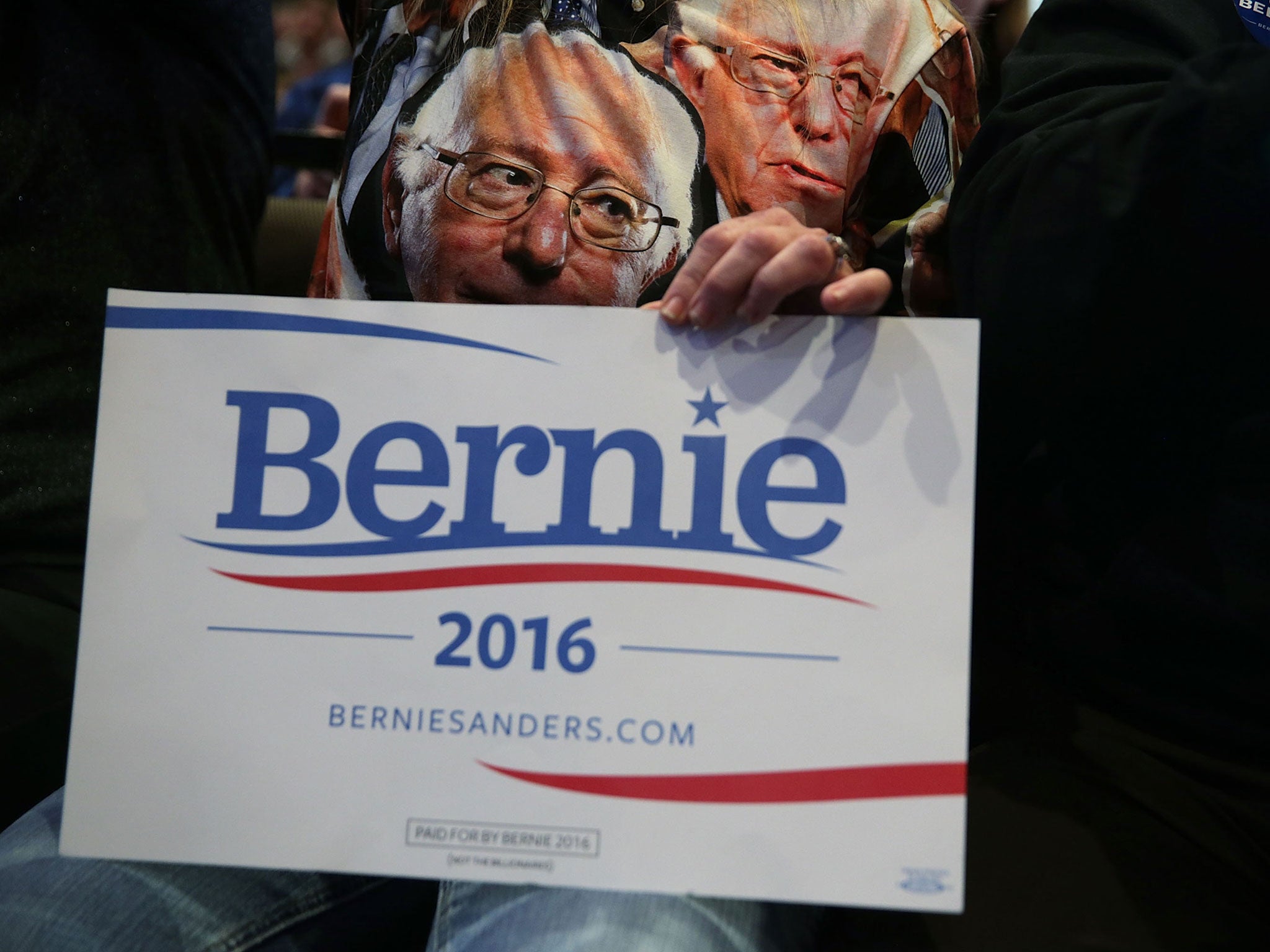
Primaries, on the other hand, are much more common, conducted in 34 US states. They are similar to elections in the UK, with voters casting their ballot at polls.
There are several types of primary, varying between both states and parties; closed, in which only a party’s registered members can vote; semi-closed where members and unaffiliated voters can participate; open, where any registered voter can participate; and semi-open, where any registered voter may take part but must request a party’s specific ballot.
Once the primaries and caucuses are complete, the delegates go on to the National Conventions, which take place a week apart in July, Republican on 18-21 and Democratic on 25-28, when the presidential candidates are announced.
Should we be listening to the pollsters?
The Iowa caucuses are very difficult to poll. The nature of the elections – a time-consuming neighbourhood meeting and discussion between locals about the candidates, followed by a vote – means it can be difficult to even predict who will show up, never mind how they will vote.
The polls with the best historical track record in past caucuses are published by local newspaper the Des Moines Register, which is based out of the state’s capital. That newspaper published its final poll of this year’s caucuses late last week.
On the Republican side, the field was crowded. The frontrunner was Donald Trump, who led likely caucus-goers with 28 per cent, according to the DMR.
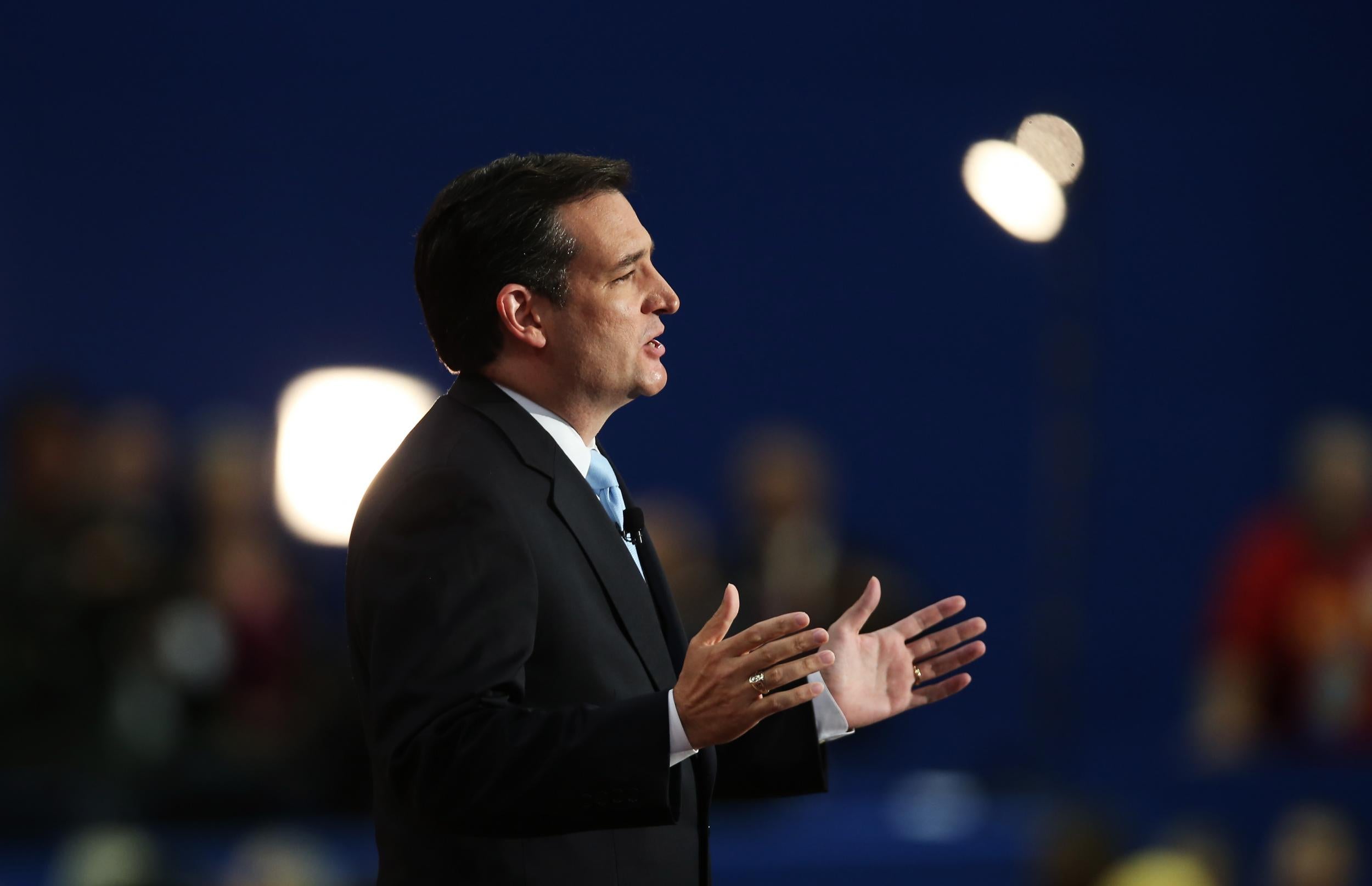
Ted Cruz was in second with 23 per cent and Marco Rubio was in third with 15 per cent. Ben Carson was in fourth with 10 per cent and all the other candidates had less than five per cent.
For the Democratic side, Hillary Clinton led with 45 per cent, while Bernie Sanders was on 42 per cent. Martin O’Malley, the only other candidate, had three per cent.
This year’s race is particularly difficult to poll, in part because of the nature of support for Donald Trump and Bernie Sanders.
Both Trump and Sanders’ supporters have patchy records about whether they have attended a caucus before.
Caucuses are time-consuming and require a commitment to attend, unlike voting in a primary which takes five minutes at most.
The DMR polls tend to discount the opinions people who aren’t likely to attend caucuses. The question was whether they had discounted the right people and by the right amount.
Trump and Sanders’ unconventional support bases could either have caused a surge in attendance – giving either of them a better score than polls suggested – or it could have just as easily underperformed. The caucuses are therefore far from decided.
Follow this link for the latest coverage of the Iowa caucus.
Join our commenting forum
Join thought-provoking conversations, follow other Independent readers and see their replies
Comments